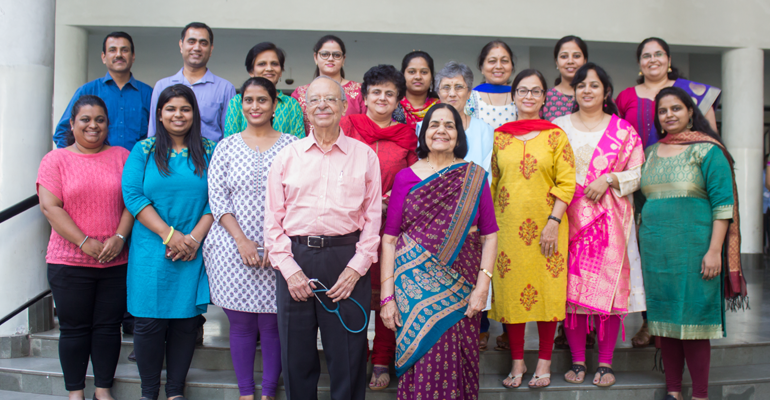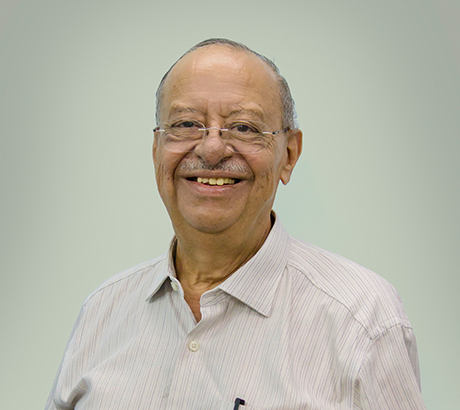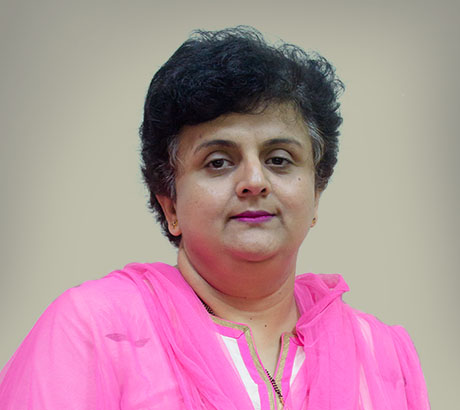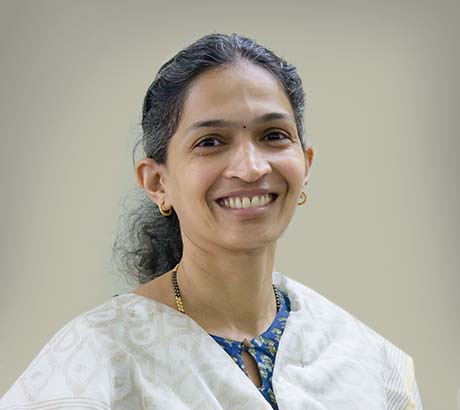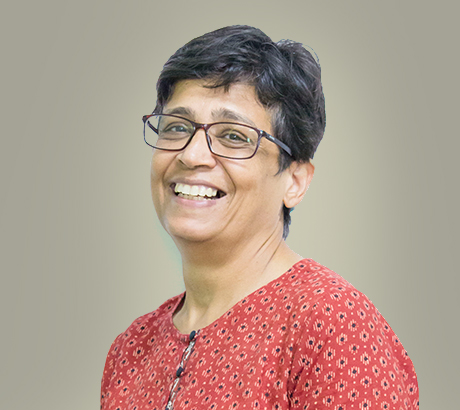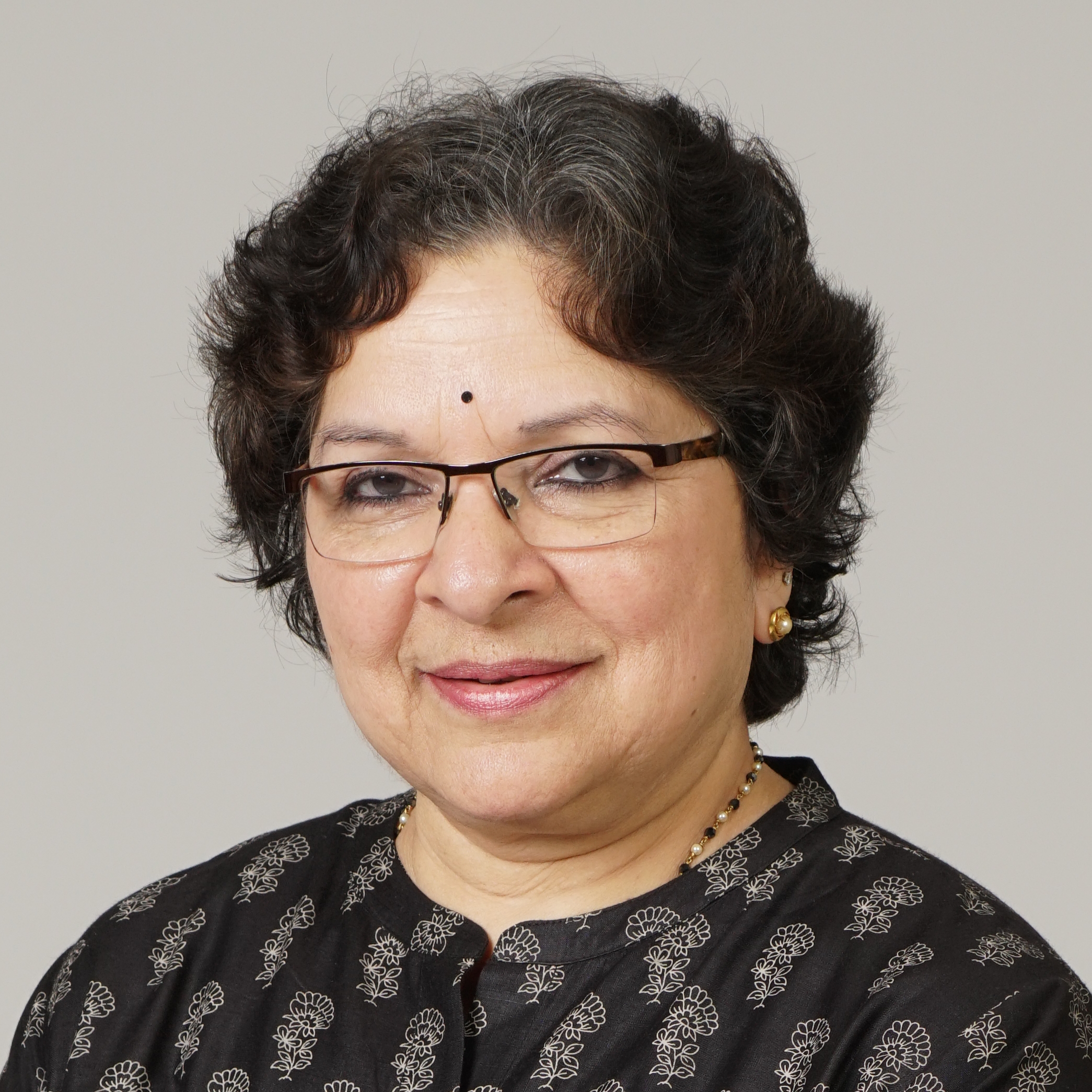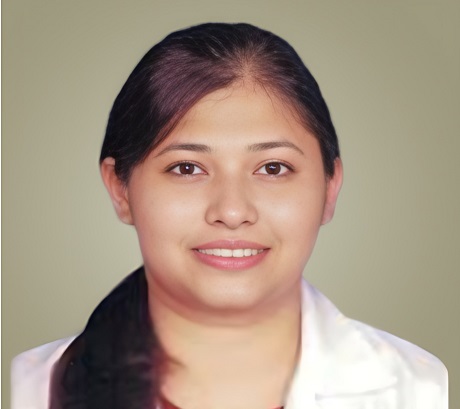Child Development Centre (TDH) - A Centre Of Excellence
A child’s first contact at the Centre is with the developmental and behavioural paediatrician,
whose role is:
- Medical and developmental assessments with investigations and diagnosis
- Referrals for testing and therapy
- Counselling and motivation for parents and children
- Regular reassessment of the child’s progress
Assessment
- Intelligence Quotient (IQ) testing
- Development Quotient (DQ) testing
- Behavioural assessment
- Personality evaluation
- Aptitude testing and career counselling
- Attention Deficit Hyperactivity Disorders (ADHD) testing
Counselling
- Management of autistic spectrum disorders
- Attention Deficit Hyperactivity Disorder (ADHD)
- Down’s Syndrome
- Cerebral Palsy
- Behavioural issues: temper tantrums, anti-social behaviour, bed-wetting, etc.
- Learning disabilities and scholastic backwardness
- Parent training and support groups
Therapy
- Play therapy
- Stimulation program for development delays
- Behavioural modification
Online Services
Covid-19 has drastically affected our lifestyle due uncertainty and restrictions. The whole world is going through unimaginable physical and psychological stress for more than a year. Families are facing the pressure of financial issues, job insecurities, fear of losing their dear ones, and day-to-day life issues.
Young children are also facing psychological and emotional pressure due to the pandemic, even though, they can’t express it verbally.
Children are becoming anxious due to feelings of insecurity and ambiguity. The whole of last year, they have been deprived of their normal social life, schooling, and play, resulting in mental and emotional disturbance which is manifested by different behavior problems.
Children are suffering from mental health issues due to stress and anxiety. Their behavior issues are manifested as increased irritability, adjustment difficulties of online schooling, stubbornness, temper tantrums, dietary issues, and the most serious being overuse of mobiles or excessive screen time. A lot of parents are unable to handle the behavioural issues of their children.
We, the Child Development unit at the TDH Morris Centre, KEM hospital understand these specific needs and are there to help your children and you parents as well, to overcome these issues emerging in the pandemic. Our team of expert psychologists offer online counseling and therapy sessions for parents and children, help them to achieve better mental health, and provide effective parenting tips
Please contact us to avail these online services : 020-6603 7486
Occupational Therapy is provided to facilitate and stimulate normal motor, mental and social
development in order to improve the quality of life. Our services include:
- Improving neuro-motor coordination and perceptual skills
- Training in basic tasks such as feeding, bathing and dressing of children with special
needs - Development of hand functions in children with writing problems
- Exercise and hand activities for upper extremity disorders
- Muscle testing and charting
- Exercises to improve power and coordination of muscles
- Exercise to prevent contractures and deformities in cerebral palsy, tonal
abnormalities - Electric stimulation and diathermy
- Gait training
- Prescription of appliances if necessary
The special ‘BIG EARS’ project is the first of its kind in India with a focus on early detection,
diagnosis and therapy of hearing loss.
- Liaison between doctors, therapists, parents and families of children with special
needs - Provide emotional support and in-depth counselling to enable parents and other
family members understand and accept the child’s limitation and ‘different abilities’ - Motivate the parents/family to continue the necessary long-term therapies
- Help with socio-economic problems
- Conduct home and school visits
- Provide referrals to integrated schools, special schools and institutions
- Parent counselling
- Support groups
- Skill workshops for teachers, parents, medical and paramedical professionals
- Awareness building in the community






